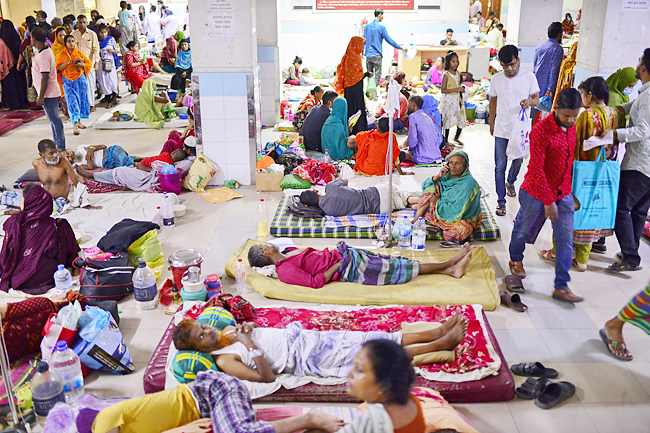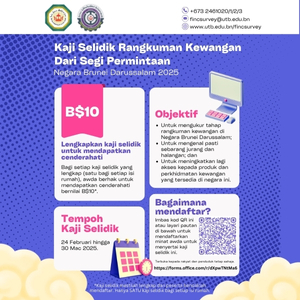DHAKA, BANGLADESH (AP) – Bangladesh is struggling with a record outbreak of dengue fever, with experts saying a lack of a coordinated response is causing more deaths from the mosquito-transmitted disease.
The World Health Organization (WHO) recently warned that diseases such as dengue, Zika, chikungunya and yellow fever caused by mosquito-borne viruses are spreading faster and further because of climate change. So far this year, 778 people in Bangladesh have died and 157,172 have been infected, according to the government’s Directorate General Health Services. The United Nations (UN) children’s agency said the actual numbers are higher because many cases are not reported.
The previous highest number of deaths was in 2022, when 281 people are reported to have died during the entire year.
Dengue is common in tropical areas and causes high fevers, headaches, nausea, vomiting, muscle pain and, in the most serious cases, internal bleeding that leads to death.
Director of the state-run Mugda Medical College Hospital in Dhaka Mohammed Niatuzzaman said Bangladesh is struggling to cope with the outbreak because of a lack of a “sustainable policy” and because many do not know how to treat it.

Outside Dhaka and other big cities, medical professionals including nurses need better training in handling dengue cases, he said.
He said authorities should include groups like city corporations and local governments in the fight against dengue, and researchers should study how to prepare for future outbreaks.
Some residents of Dhaka are unhappy with the authorities. “Our house is in an area which is at risk of dengue. It has a higher quantity of waste and garbage. I’m cautious and use a mosquito net. Despite that, my daughter caught dengue,” said Zakir Hassain, a resident of Dhaka’s Basabo area.
“What will happen to those who are unaware? If the city corporation or ward commissioner took more care and sprayed insecticides, then we could have avoided the dengue outbreak,” he said.







